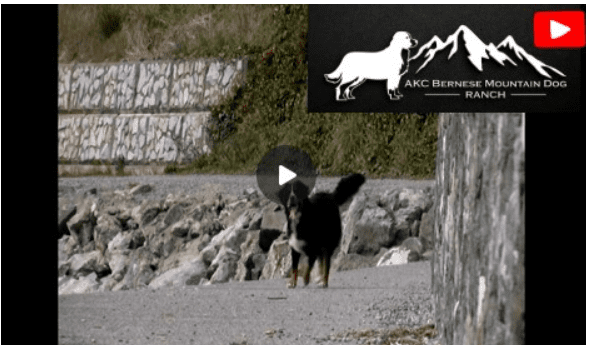Blog
Health Awareness for Bernese Mountain Dog Owners: New Year Resolutions and Exercise Caution
As we step into the new year, many of us are setting resolutions to improve our health—whether that’s hitting the gym more often, going for long runs, or simply being more active. While it’s great to embrace a healthier lifestyle, it’s crucial to remember that our beloved Bernese Mountain Dogs (Berners) require special consideration when it comes to exercise.
Understanding Bernese Mountain Dog Needs
Berners are known for their gentle disposition and loyalty, but they also have unique health considerations, especially regarding exercise. While they are a large and robust breed, their physical structure and predisposition to certain health issues mean that we must approach their exercise routines with caution.
The Risks of Strenuous Exercise
1. Joint Concerns: Berners are prone to joint issues, particularly hip and elbow dysplasia. Engaging them in strenuous activities—like long-distance runs or jogs—can exacerbate these conditions, especially in younger dogs. For those under two years old, their joints are still developing, making them particularly vulnerable.
2. Heat Sensitivity: Bernese Mountain Dogs have thick coats that can make them susceptible to overheating. Exercising in direct sunlight can lead to heat exhaustion or heat stroke. Even on overcast days, prolonged exposure during brisk activities can strain their bodies.
3. Gradual Conditioning: Just like humans, dogs need to build their stamina gradually. Instead of jumping into intense exercise routines, it’s best to start with shorter, manageable walks and slowly increase the duration and intensity.
Recommended Exercise Practices
To ensure your Berner stays healthy and happy, consider the following tips:
– Short, Frequent Walks: Opt for multiple shorter walks throughout the day instead of one long session. This allows your dog to exercise without overexerting themselves.
– Watch the Weather: Pay attention to temperature and humidity levels. Early morning or late evening walks can be more comfortable for your dog, avoiding the midday sun.
– Monitor for Signs of Fatigue: Keep an eye on your dog during exercise. Signs of fatigue, such as slowing down or excessive panting, are indicators that it’s time to take a break.
– Consult Your Vet: If you’re unsure about how much exercise is appropriate, consult your veterinarian. They can provide tailored advice based on your dog’s age, health, and fitness level.
Conclusion
As we embrace new beginnings in the coming year, let’s commit to being responsible and informed guardians for our Bernese Mountain Dogs. While getting fit is a noble goal, we must prioritize their health by adjusting our exercise expectations. By taking a cautious approach and ensuring they are physically prepared for new activities, we can enjoy many years of adventure and companionship with our beloved Berners.
Here’s to a happy, healthy new year for both you and your Berner friend!
- A Family of Animal Lovers


